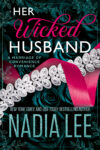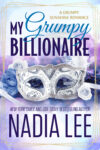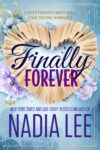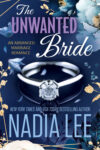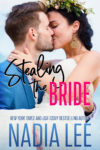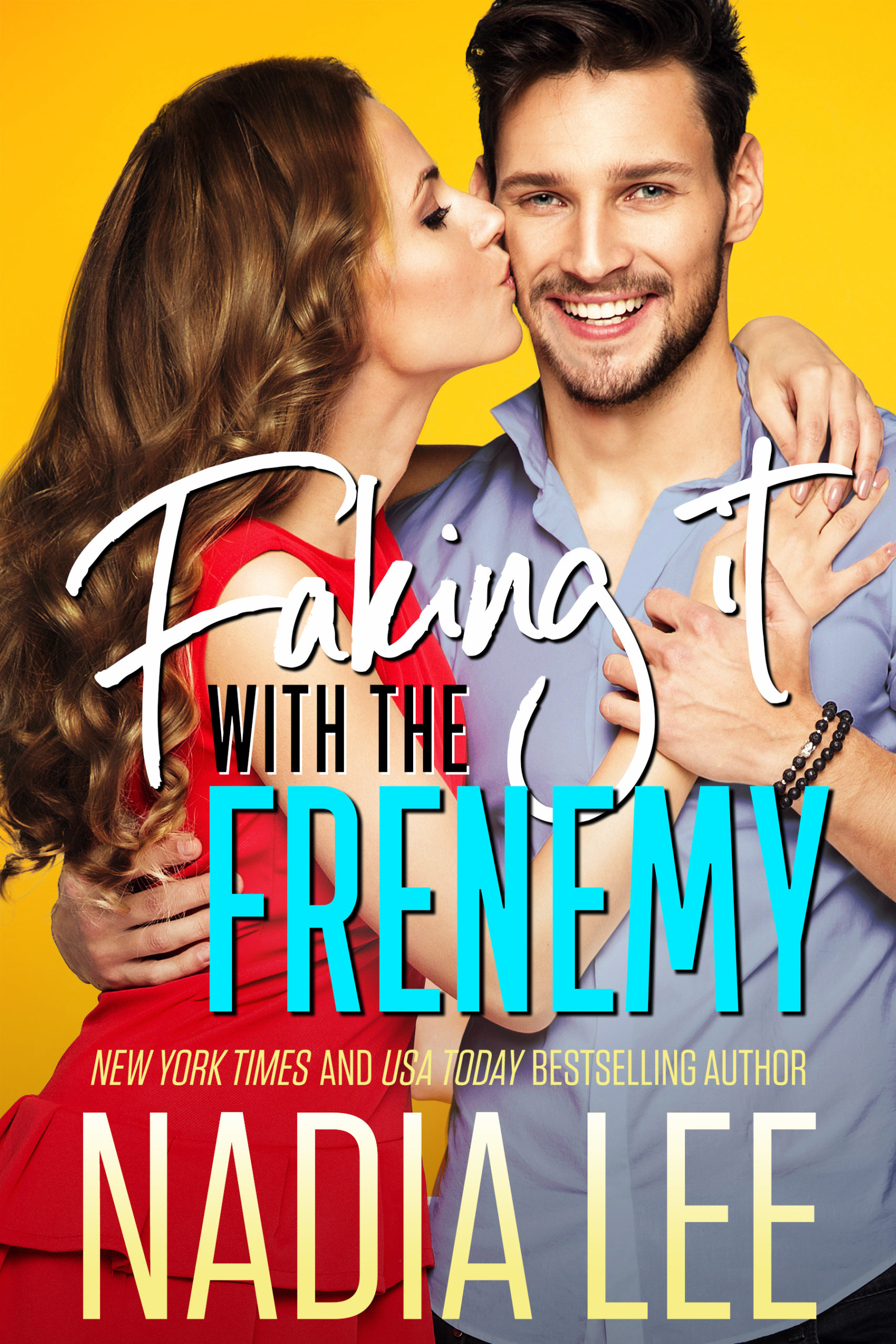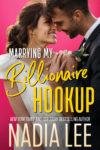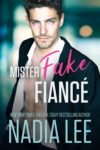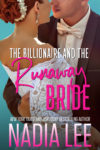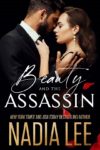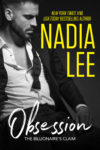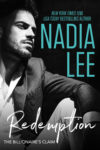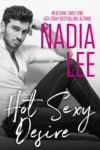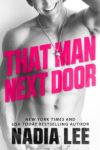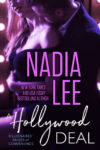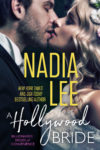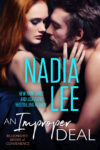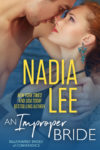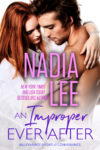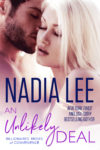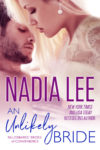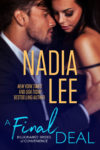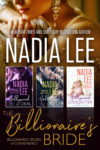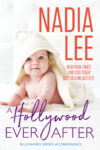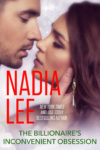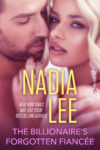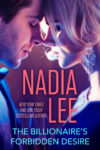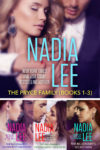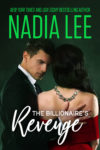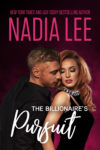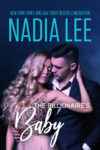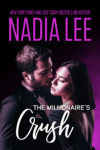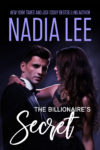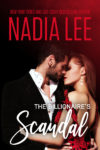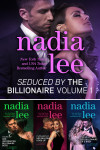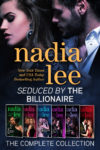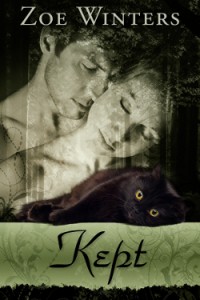 Thanks to Nadia for having me here today!
Thanks to Nadia for having me here today!
Nadia asked me to blog about my experience as an indie author and how it's working out. In some ways it's working out great. In other ways it's definitely not easy. I'm not sure if authors who are traditionally published get a rulebook or not, but I know that indies don't.
We're expected to know the rules going in both socially and from a business angle. We're expected to know how to interact with our readers and fans, with reviewers (positive and negative), and with the online publishing world in general.
From the beginning, I've been a very opinionated indie. I'm someone who isn't afraid to speak my mind about things. Sometimes this gets me into drama. Sometimes it earns me enemies or just people who “will never read me now”. That last part sucks, since as an indie, I need readers or I won't make it. I don't have somebody else's marketing department to help push me to a wider audience. Though I realize many traditionally published authors don't have that nearly as much as they'd like or need either.
I'm on a very steep learning curve, not just in publishing, but in social interactivity… how much to market, when to stop, what lines not to cross, and which lines to cross. Sometimes being seen as controversial is a good thing. It gets me exposure I wouldn't have normally had. It gets me talked about. It ultimately gets me sales.
Sometimes the fallout isn't as good. And even when it nets me sales, it also nets me stress and drama.
So my experience has been a mixed bag. On the one hand, I really love self-publishing. I love being in control of the entire process, hiring a cover artist, picking my own editors, and telling the story I want to tell with no apologies. In romance there are a lot of formulas. Many publishers want a certain number of sex scenes occurring at certain points in the story. They want a certain heat level. They have rules about what language you can use. Etc. etc.
I didn't want to be stifled in that way, and so that's been another wonderful thing about being indie.
I've met a lot of really cool, talented, and self-possessed indie authors like Moriah Jovan, R.J. Keller, M.T. Murphy, and Kait Nolan, to name just a few. Each of them has a different way they go about being indie and slightly different goals and motivations.
I love running my own business and keeping all the profit.
I really love being a part of an indie movement in authorship that should have happened back when it became cool to be an indie musician or indie filmmaker. But it's happening now. So that's what matters.
Initially a lot of people told me not to do it, that it was some sort of career suicide. I never felt that way, since I could just start over with a new pen name if I didn't like how things went for Zoe. I didn't want the pressure of traditional publishing and deadlines and such. The irony is that I've learned a lot about myself here, including that I often create my own pressure and chaos no matter what road I'm on. And it's not something I can avoid by merely taking a different aesthetic path.
I ignored the well-meaning advice of those who told me not to go indie. I saw a future in indie authorship and particularly in ebooks. I started growing my audience and marketing my work. One of my little marketing projects is the Zoe Who? series, which is a youtube cartoon series about my self-publishing journey poking fun at the publishing industry, romance, and myself (lots of material there, LOL).
I try to be genuine, looking for that line between being genuine, and maintaining some level of emotional privacy. It seems to be overall paying off, since more people seem to be attracted to me than repelled by me.
Right now, as an indie, I live pretty naked because I talk a lot about my experiences as a writer and as an indie in particular. There are a lot of things I struggle with including “how should I present myself?”, “how should I engage?”, “when should I disengage?” that often become the topics of blog posts because I know I can't be the only author who feels this way, who feels sometimes the creative flow shuts off from too much Internet connection.
I try to form genuine connections with readers and people on Twitter, Facebook, and through blog hopping because we all want connection and if someone likes you they are more open and receptive to checking your work out. This has opened a lot of doors to helping overcome reader objections and getting my work read by an ever-widening audience.
My three novellas, Kept, Claimed, and Mated, generally hang out in the top 1,000 of the overall Kindle store, out of over 700,000 titles. I'm very proud of that, but I have a long way to go.
I'm constantly growing. This growth takes place in my writing and how I package my work. I recently had the novella covers slightly revamped by my cover artist to look more polished. (I had designed those particular covers originally.) The growth is also ongoing personally in how I handle the various emotional changes involved in putting work out there without a net or rulebook.
Hopefully my experiences help someone else who wants to do the same things.
Overall, it has been an incredibly rewarding journey and, yes, I would go indie again. And I want to stay indie forever.
You can find Zoe at:
http://www.zoewinters.org
http://zoewinters.wordpress.com
http://www.twitter.com/zoewinters



